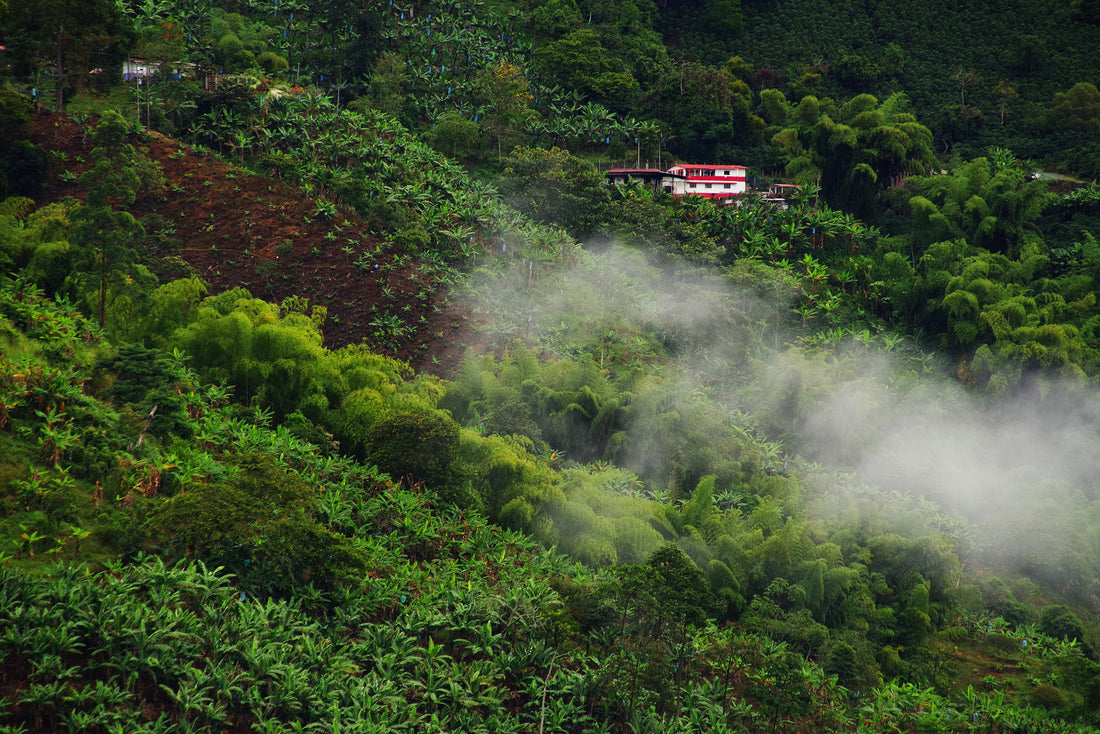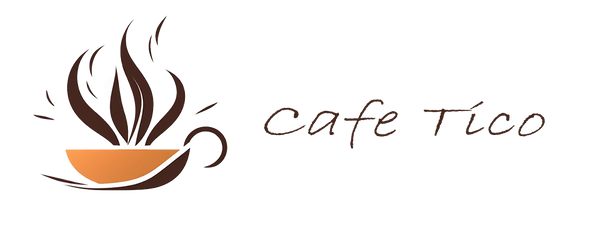
Direct Trade Coffee: A Transparent Journey from Farm to Cup
Share
Imagine enjoying your morning coffee and knowing exactly who grew it. That's what direct trade coffee offers. It's a way to make your coffee more transparent and ethical.
Direct trade coffee eliminates middlemen, linking farmers directly to roasters. This method ensures farmers get fair pay for their efforts. They can then invest in their farms and communities, improving coffee quality for everyone.
By picking direct trade coffee, you support a movement that cares about quality, sustainability, and fairness. Farmers get to share their unique flavors with you. And you get to enjoy coffee with a story. It's a situation where everyone wins, making your morning coffee even more special.
Understanding Direct Trade Coffee
Direct trade coffee changes the way coffee goes from farm to cup. It links coffee farmers directly with roasters, skipping the middlemen. This method values ethical coffee making and builds lasting relationships.
What is Direct Trade?
Direct trade means roasters buy beans straight from farmers. It's all about being clear and focusing on quality. Farmers get to work closely with roasters, ensuring they're paid fairly and meet high standards.
This method is different from others because it doesn't follow set rules. So, how roasters do it can vary a lot.
Benefits of Direct Trade for Farmers
Farmers gain a lot from direct trade. Roasters often pay them more than the market rate. For instance, some pay at least 25% more than what Fair Trade offers.
This extra money can really help farming communities.
Impact on Coffee Quality
When farmers and roasters work together, coffee quality gets better. Roasters give feedback and help farmers improve how they grow and process coffee. This teamwork leads to tastier coffee and more money for farmers.
| Aspect | Traditional Trade | Direct Trade |
|---|---|---|
| Pricing | Market-driven | Often above market rates |
| Relationships | Limited | Close and long-term |
| Quality Control | Variable | High |
| Transparency | Low | High |
The Coffee Supply Chain: From Farm to Cup
The coffee industry has a complex network that takes beans from farmers to consumers. This network, called the coffee supply chain, is key to quality, price, and sustainability.
Traditional Coffee Supply Chain
Coffee goes through many hands before it ends up in your cup. Farmers sell to local buyers, who then sell to exporters. These exporters work with importers, who supply roasters. Finally, roasted beans get to consumers through retailers. This chain often lacks transparency in coffee production and pricing.
Direct Trade Supply Chain
Direct trade tries to shorten this chain. Coffee roasters buy directly from farmers, skipping middlemen. This method increases transparency in coffee sourcing and ensures fair prices. It also lets roasters improve farming practices and quality control.
Key Players in Direct Trade
In direct trade, farmers and roasters are the main players. Farmers grow and process the beans, while roasters buy, roast, and sell the coffee. Some specialty roasters, like Olympia Coffee and Onyx Coffee Labs, share details about their coffee purchases. This includes quantities, prices, and producer relationships.
| Player | Role | Impact |
|---|---|---|
| Coffee Farmers | Grow and process beans | Receive better prices, invest in farms |
| Coffee Roasters | Buy, roast, and sell coffee | Control quality, ensure transparency |
| Consumers | Purchase and enjoy coffee | Access high-quality, ethically sourced coffee |
Direct trade partnerships focus on sustainability and fair wages. They provide a stable market for farmers, letting them reinvest in their farms and communities. This model promotes long-term economic stability and encourages sustainable farming practices in the coffee industry.
Transparency and Traceability in Direct Trade Coffee
Direct trade coffee is all about being open and clear. It connects farmers and roasters, making sure they talk openly and fairly. This way, everyone wins.
Being transparent means farmers can set prices that cover their costs. For instance, Costa Rica's coffee industry values traceability to specific communities. This helps buyers know what to expect for the future.
Some roasters share a lot with their customers. They tell all about their coffee, including:
- Exactly how much they paid farmers
- How it compares to Fair Trade standards
- Quality scores
- How long they've worked with producers
This openness adds a moral value to the coffee. It lets buyers make choices they feel good about.
| Aspect | Traditional Supply Chain | Direct Trade |
|---|---|---|
| Transparency | Low | High |
| Traceability | Limited | Farm to cup |
| Communication | Indirect | Direct |
| Price Negotiation | Through intermediaries | Direct with farmers |
Certification schemes are out there, but direct trade is about building real relationships. It makes a system where everyone knows what's going on and gets a fair deal.
Sustainability and Environmental Impact of Direct Trade
Direct trade coffee helps farmers and the planet. It supports eco-friendly farming, making coffee communities sustainable. This way, we keep coffee regions and their ecosystems safe.
Eco-Friendly Farming Practices
Direct trade helps farmers use sustainable farming. This includes growing coffee under shade, which helps wildlife and keeps the land diverse. Farmers also cut down on harmful chemicals, protecting our water and nature.
Long-Term Sustainability for Coffee Communities
Direct trade gives farmers fair prices and steady partnerships. This means they can make more money, live better, and invest in their farms. It also stops them from cutting down forests for other uses.
Preserving Coffee Growing Regions
Direct trade is key to saving coffee lands from harm. It supports sustainable farming and rewards farmers. This keeps our coffee lands green, cuts down on carbon emissions, and keeps coffee farming going for the future.
| Aspect | Traditional Coffee | Direct Trade Coffee |
|---|---|---|
| Farming Practices | Often uses chemical pesticides and fertilizers | Promotes eco-friendly farming methods |
| Environmental Impact | Higher risk of deforestation and water pollution | Focuses on preserving ecosystems and biodiversity |
| Community Support | Limited economic stability for farmers | Provides long-term sustainability for coffee communities |
Direct Trade Coffee vs. Fair Trade: Understanding the Differences
When it comes to ethical coffee, fair trade and direct trade are two main options. Fair trade ensures a minimum price for coffee and helps with community development. About 70% of consumers trust these labels for fair wages and good working conditions.
Direct trade builds direct links between roasters and farmers. This method often gives producers a 30% income boost over traditional ways. Direct trade lets roasters work closely with farmers, leading to unique beans. It doesn't have a standard certification but offers better price talks and quality improvement.
Both fair trade and direct trade support ethical coffee. Fair trade helps farmers during market ups and downs. Direct trade focuses on quality and transparency. Your choice might depend on whether you want standard certification or direct farmer ties. Both ways help make consumers more aware of ethical coffee.
